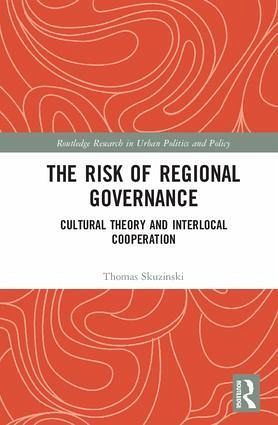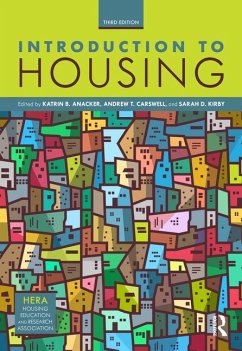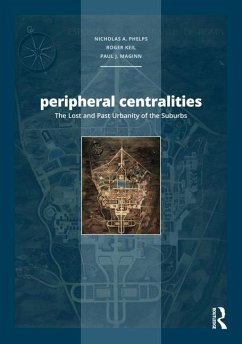
The Risk of Regional Governance
Cultural Theory and Interlocal Cooperation
Versandkostenfrei!
Versandfertig in über 4 Wochen
178,99 €
inkl. MwSt.
Weitere Ausgaben:

PAYBACK Punkte
89 °P sammeln!
The Risk of Regional Governance is a story of the Rust Belt, of how local officials think about their community and the region, and-most importantly-of how we might craft policies that can overcome biases against regional governance.













